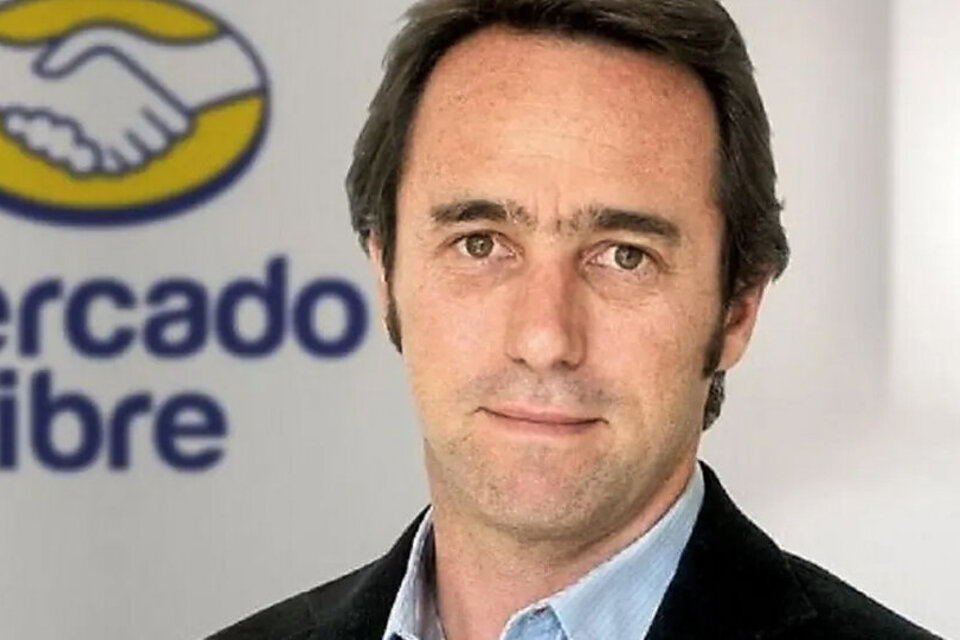Latin American publicly traded neobanks reported strong results in the second quarter, a sign that the buoyant fintech sector continues to grow even as higher rates and lower capital exact a heavy toll on the industry.
Mercado Libre, Nubank and PagBank all reported profits in the period. Their combined market capitalization now exceeds the $100 billion threshold as stocks recover from the tech selloff that shook markets last year. These fintechs improved results while expanding their customer base further, a critical feat as investors increasingly demand profitability from the sector.
“The major fintech players at a regional level are doing very well,” Ignacio Carballo, head of alternative finance at Americas Market Intelligence, told Fintech Nexus. “2022 was not exceptional for the sector, and it appears that 2023 won’t be either. But despite the uncertainty, these companies have managed to capitalize on opportunities.”
In the backdrop of rising global interest rates, most tech startups were compelled to recalibrate their strategies. After years of riding the wave of easy money, many temporarily shelved their Latin American expansion plans and redirected their efforts toward profitability. Layoffs, restructurings, and, in some cases, mergers or closures became commonplace among fintechs.
However, the narrative shifts when considering the largest nonbanks, each boasting a client base numbering in the tens of millions. While restructuring initiatives were implemented, they pruned expenses while simultaneously achieving higher customer acquisition rates and launching new products.
This year, Nubank has introduced high-yield savings accounts in Mexico and recently announced personal loans in the country. They’re rolling out a payroll lending feature in Brazil, complemented by investment products aimed at optimizing profitability.
Strong customer growth
The surge in customer numbers is significant. Nubank, Brazil’s leading neobank, reported active customers rose to 68.8 million in the quarter. That is up from 52.3 million in the year-ago period. The Warren Buffett-backed fintech saw a 44% increase in adjusted net income in the second quarter, up to $262.7 million. This marked the fourth consecutive quarter of positive net income, underscoring Nubank’s progress well beyond the break-even point.

Argentina-based e-commerce giant Mercado Libre booked $262 million in profits during the period. This was largely driven by its growing digital banking business, Mercado Pago. Profits soared by a remarkable 113% year-over-year, riding high on the crest of e-commerce trends and the growing fintech adoption sweeping across Latin America.
Mercado Pago has added roughly 7 million new active fintech users in the past 12 months. That is up to 45.3 million by the end of the quarter. According to Marcos Galperín, CEO and co-founder at Mercado Libre, greater adoption in Brazil explains this growth.
Finally, Pagbank, Brazil’s second-largest neobank by the number of users, also saw profits. It reported a net income of 415 million Brazilian reais, or nearly $85 million. The number was up 3% year over year. Its user growth, however, was slower compared to the two Latam fintech giants, Mercado Pago and Nubank. By June, it had 16.4 million active clients, up from 15.1 million from the year-ago quarter.
LatAm neobanks set a foothold in lending
Going forward, the fintechs expressed an interest in increasing lending. While all of these report millions of users, a loan product is ultimately critical to driving a revenue increase.
With that in mind, Nubank recently announced growth into personal loans in Mexico. During the last quarter, it reported $18 billion in customer deposits, of which a third generated interest income. The neobank reported loans worth nearly $15 billion, still tiny regarding Brazil’s massive loan market.
Mercado Pago has taken a somewhat cautious approach to credit in that regard. Rising rates and inflation posed significant default risks to creditors. The same was true for other smaller-sized lending fintech.
“In the months immediately following the pandemic, we observed that our customers faced greater difficulties in honoring their credit commitments,” Antonio Turner, Chief Risk Officer at Galgo, told Fintech Nexus. However, he highlighted somewhat more benign repayment behavior. “Many showed a willingness to pay to preserve their good credit histories,” he added.



